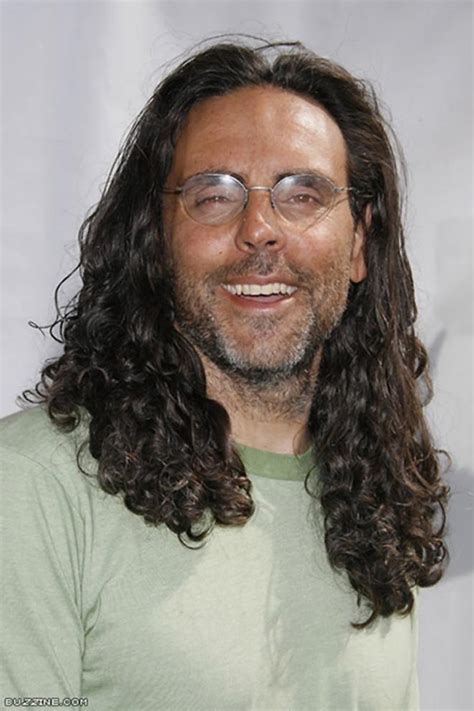A Quote by Bruce Lee
A self-willed man obeys a different law, the one law I, too, hold absolutely sacred the human law in himself, his own individual will.
Related Quotes
Cleverly assorted scraps of spurious science are inculcated upon the children to prove necessity of law; obedience to the law is made a religion; moral goodness and the law of the masters are fused into one and the same divinity. The historical hero of the schoolroom is the man who obeys the law, and defends it against rebels.
Your thought describes laws, courts, judges, punishments. Mine explains that when man makes a law, he either violates it or obeys it. If there is a basic law, we are all one before it. He who disdains the mean is himself mean. He who vaunts his scorn of the sinful vaunts his disdain of all humanity.
Every heat engineer knows he can design his heat engine reliably and accurately on the foundation of the second law [of thermodynamics]. Run alongside one of the molecules, however, and ask it what it thinks of the second law. It will laugh at us. It never heard of the second law. It does what it wants. All the same, a collection of billions upon billions of such molecules obeys the second law with all the accuracy one could want
Since natural law was thought to be accessible to the ordinary man, the theory invited each juror to inquire for himself whether a particular rule of law was consonant with principles of higher law. This view is reflected in John Adams' statement that it would be an 'absurdity' for jurors to be required to accept the judge's view of the law, 'against their own opinion, judgment, and conscience.'
The law is equal before all of us; but we are not all equal before the law. Virtually there is one law for the rich and another for the poor, one law for the cunning and another for the simple, one law for the forceful and another for the feeble, one law for the ignorant and another for the learned, one law for the brave and another for the timid, and within family limits one law for the parent and no law at all for the child.
And the law of God is written in every heart, and it is there that he manifests himself; And in infinite love, according to our necessities, states, conditions. And as we are all various and different from one another, more or less, so the law by the immediate operation of divine grace in the soul, is suited to every individual according to his condition.
There is one all-important law of human conduct. If we obey that law, we shall almost never get into trouble. In fact, that law, if obeyed, will bring us countless friends and constant happiness. But the very instant we break the law, we shall get into endless trouble. The law is this: Always make the other person feel important.
If he who breaks the law is not punished, he who obeys it is cheated. This, and this alone, is why lawbreakers ought to be punished: to authenticate as good, and to encourage as useful, law-abiding behavior. The aim of criminal law cannot be correction or deterrence; it can only be the maintenance of the legal order.



































